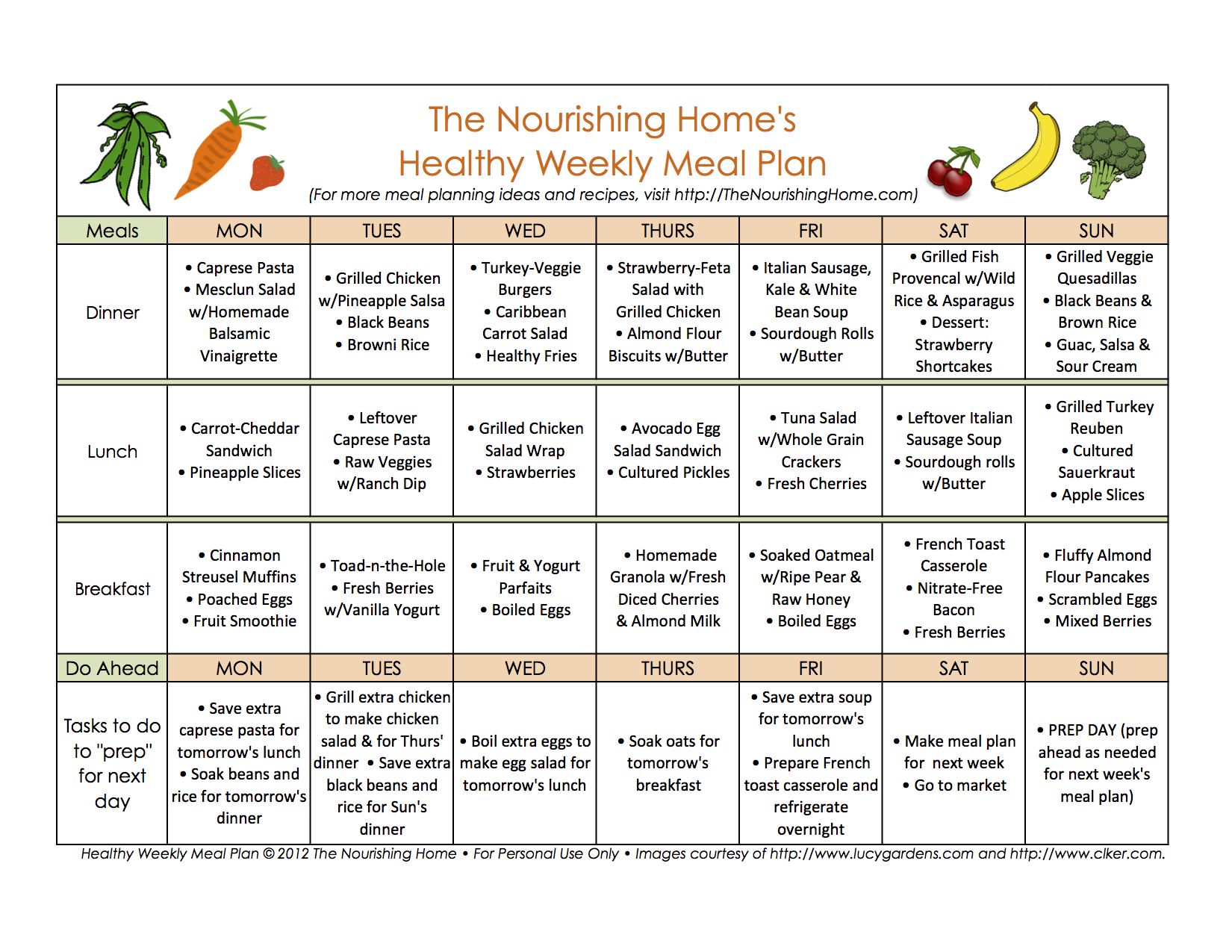Having a healthy meal plan is essential for maintaining good health and well-being. It can help you manage your weight, reduce your risk of chronic diseases, and improve your overall quality of life. By designing your own meal plan, you have control over what you eat and can ensure that you are getting the nutrients your body needs to function at its best.
Assess Your Current Eating Habits
Before creating a healthy meal plan, it’s important to assess your current eating habits. Keep a food diary for a few days to track what you eat and drink. This will help you identify any unhealthy patterns or areas where you can make improvements.
Set Realistic Goals
Once you have a better understanding of your current eating habits, set realistic goals for your healthy meal plan. Consider your dietary needs, lifestyle, and personal preferences when setting these goals. Start small and gradually make changes to your diet to ensure long-term success.
Include a Variety of Foods
A healthy meal plan should include a variety of foods from all the food groups. Include fruits, vegetables, whole grains, lean proteins, and healthy fats in your meals. By incorporating a variety of foods, you can ensure that you are getting all the nutrients your body needs.
Plan Your Meals in Advance
Planning your meals in advance can help you stay on track with your healthy eating goals. Take some time each week to plan out your meals and snacks. This will help you make healthier choices and avoid impulsive decisions when it comes to food.
Prepare Your Own Meals
One of the best ways to ensure that you are eating healthy is to prepare your own meals at home. By cooking your own meals, you have control over the ingredients and portion sizes. Try to cook in bulk and freeze leftovers for quick and easy meals throughout the week.
Listen to Your Body
Pay attention to how your body responds to different foods and adjust your meal plan accordingly. If you notice that certain foods make you feel sluggish or bloated, consider eliminating them from your diet. Listen to your hunger cues and eat when you are hungry, not out of boredom or stress.
Stay Hydrated
Drinking enough water is essential for overall health and can help you stay on track with your healthy meal plan. Aim to drink at least 8-10 cups of water per day to stay hydrated and support your body’s functions.
Seek Professional Help
If you are unsure of how to design a healthy meal plan, consider seeking help from a registered dietitian or nutritionist. They can provide you with personalized guidance and support to help you achieve your health goals. Remember, it’s important to consult a healthcare professional before making any drastic changes to your diet.
Conclusion
Designing your own healthy meal plan can help you take control of your diet and improve your overall health. By assessing your current eating habits, setting realistic goals, including a variety of foods, planning your meals in advance, and listening to your body, you can create a meal plan that works for you. Remember to stay hydrated, prepare your own meals, and seek professional help if needed. With dedication and consistency, you can achieve a healthier lifestyle through your own customized meal plan.



